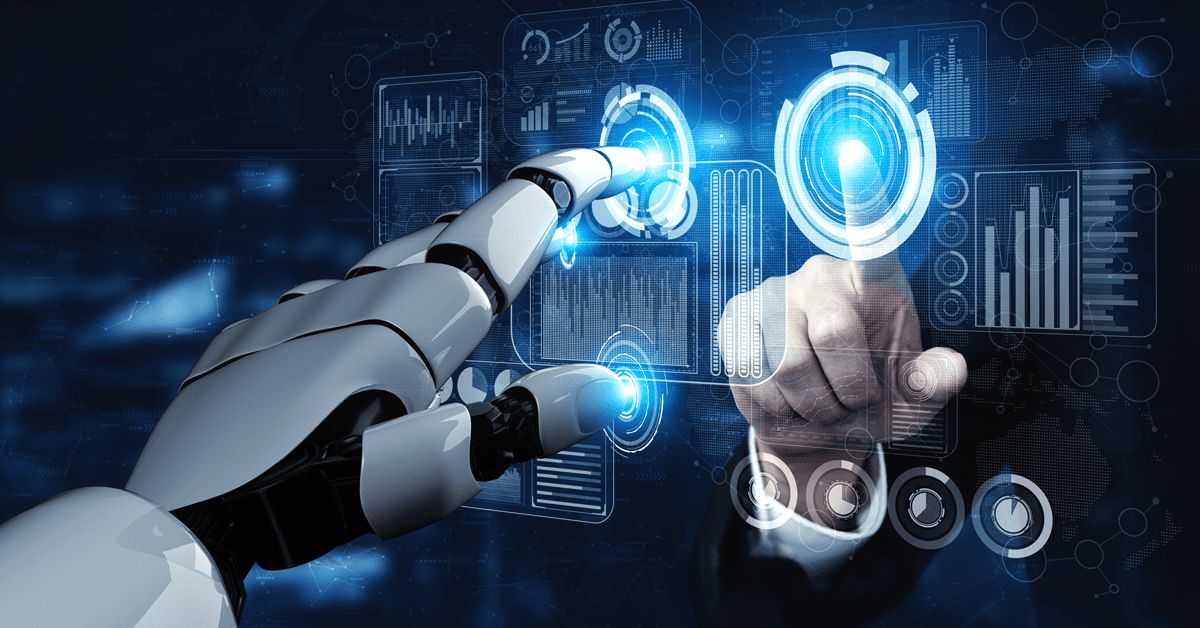The adoption of artificial intelligence (AI) in talent acquisition is transforming how companies hire and retain their staff. AI enhances and streamlines the recruitment process, leading to marked improvements in both efficiency and the quality of candidates. Recent data shows that 65% of recruiters now incorporate AI tools, highlighting their increasing significance in human resources. AI not only improves existing methodologies but also adds new functions that reshape conventional recruitment frameworks.
By automating standard tasks and offering deeper insights into candidate information, AI is becoming a pivotal resource that enables recruiters to make quicker, more precise decisions. As we further investigate the roles and advantages of AI in hiring, we will see how these technologies are not merely convenient but also crucial for enhancing future recruitment strategies.
Pexels
With the proliferation of AI-assisted writing tools, more candidates are employing technology to polish or even create their application materials. This development calls for a dependable method to verify that these submissions are authentic and truly represent the candidates’ abilities. By using an AI detector for accurate results, you can assess whether the content in resumes and cover letters is authentic or overly reliant on AI-generated assistance. These tools are crucial for scrutinizing data and highlighting inconsistencies, which helps prevent deceptive practices.
Additionally, they can detect indicators of plagiarized content, applying a more rigorous level of examination in evaluating candidates. This procedure guarantees that only authentic and qualified candidates progress in the recruitment process. Protecting the organization from erroneous hires not only safeguards productivity but also upholds the company’s reputation by ensuring a high standard of integrity.
Streamlining and Personalizing Candidate Sourcing with AI
AI significantly boosts the abilities of talent acquisition teams to spot and draw in prospective candidates. AI systems can find patterns and provide insights that human recruiters would normally miss, by using data analytics and machine learning.
This accelerates the sourcing process and enhances the caliber of candidate pre-selection, streamlining the early phases of recruitment. Moreover, AI tools can tailor the outreach to candidates by analyzing personal preferences and behavioral patterns, allowing companies to develop more focused and compelling recruitment strategies. These AI-powered insights are vital for modifying recruitment approaches to align with the swiftly evolving job market.
Enhancing Screening Processes Through AI Technologies
AI tools excel in the preliminary examination of applications. They rapidly analyze thousands of resumes, identifying critical skills and qualifications that meet job requirements. This automation alleviates the load on human recruiters and decreases the chance of overlooking highly qualified candidates, thus enhancing the overall effectiveness of the recruitment process.
Equipped to process a large volume of applications, AI ensures that recruitment teams enforce consistent and strict screening standards, regardless of the scale of hiring efforts. This capability is further optimized by AI’s ability to adapt and modify based on feedback, continually refining the screening criteria to align with the outcomes of previous hires.
Improving Efficiency and Quality of Interview Processes with AI
AI also transforms the interview process by managing to schedule and conduct a preliminary interview. Some AI systems are designed to perform initial voice or video interviews, utilizing natural language processing to analyze candidate responses.
Moreover, AI-driven sentiment analysis evaluates candidates’ emotional expressions and honesty, which are crucial for identifying the most suitable candidate for a position. By aggregating data from these initial interviews, AI tools equip recruiters with detailed insights into candidates’ interpersonal skills, such as communication prowess and emotional awareness—qualities that are challenging to gauge through conventional methods.
These tools also provide a more nuanced insight into candidates’ personalities and their potential compatibility with company culture, factors that are equally vital as their technical capabilities.
Artificial intelligence holds significant potential for reducing unconscious bias in recruitment processes. By implementing uniform screening processes that assess only merit, AI technology helps develop a workforce that is both diverse and inclusive. These improvements not only contribute positively to the organizational culture but also enhance a company’s ability to innovate and connect with a diverse range of customers.
AI systems can be programmed to disregard demographic details such as race, gender, and age, helping to remove subjective biases from recruitment decisions, and ensuring assessments are strictly based on candidates’ skills and professional credentials. In minimizing personal biases, AI supports a fairer and more equitable hiring process, reinforcing the commitment to diversity and inclusion.
Pexels
Conclusion
The transformative role of AI in talent acquisition is irrefutable. By boosting the precision of recruitment activities and certifying the authenticity and diversity of the workforce, AI technologies have become essential in today’s employment sphere. As these tools advance, they not only heighten operational productivity but also help forge more resilient and flexible organizations poised for future workplace challenges. As we persist in adopting and integrating these sophisticated technologies, the future of hiring not only promises enhanced efficiency but also a fairer and more inclusive environment.

